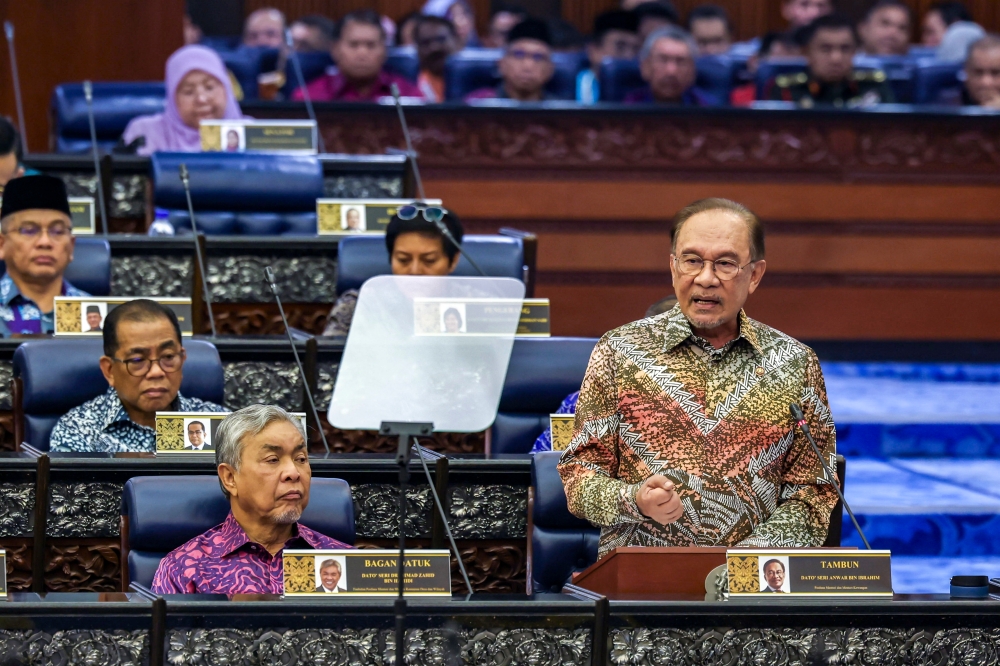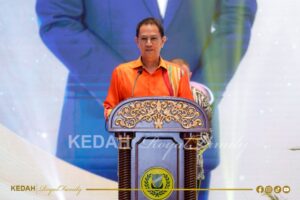KUALA LUMPUR, July 31 — The Malaysian Employers Federation (MEF) has called for stronger alignment between government policies and industry needs under the 13th Malaysia Plan (13MP), urging Putrajaya to offer direct incentives for companies that invest in workforce upskilling.
Its president, Datuk Dr Syed Hussain Syed Husman, said while MEF supports the inclusive vision of the five-year plan, more meaningful engagement with employers is needed to ensure that training initiatives reflect real-world demands.
“The 13MP stands as a bold and inclusive blueprint for Malaysia’s next chapter in development,” he said.
“Its success relies on ongoing collaboration among governmental agencies, Parliament, the private sector, and civil society to align policy with people-centred outcomes..”
Tabled by Prime Minister Datuk Seri Anwar Ibrahim in the Dewan Rakyat earlier today, the 13MP outlines Malaysia’s development priorities from 2026 to 2030 with a focus on governance, economic diversification and inclusive growth.
The government estimates RM611 billion will be needed to implement the plan, with RM430 billion coming from public expenditure, RM120 billion from GLCs and GLICs, and RM61 billion through public-private partnerships.
Syed Hussain welcomed the 13MP’s emphasis on human capital development but said companies, especially SMEs, continue to face obstacles when adopting training programmes, including high costs, regulatory burdens and limited flexibility.
He proposed that the government consider co-investment models in which public funds match employer contributions for high-demand skills, particularly in digital, green and innovation-driven sectors.
MEF also recommended recognising on-the-job training as a formal learning pathway and called for the introduction of a “Training Flexi-Hours” policy to ease employer participation.
The federation expressed strong support for the centralisation of Technical and Vocational Education and Training (TVET) under a unified national framework, but warned that industry-led governance is vital to prevent skills mismatches.
Syed Hussain also said employers must be involved in curriculum design, certification processes and job placements to ensure that training outcomes match industry expectations.
He added that the proposed reforms to the Human Resources Development (HRD) fund must prioritise outcomes-based learning and maximise uptake among companies through simplified access and clearer incentives.
MEF also urged the government to modernise labour data systems with real-time access to sector-specific skills trends, developed jointly with industry players to improve forecasting and job matching.
The group praised plans to boost youth employability and address the needs of NEETs — those not in education, employment or training — but warned of a persistent disconnect between academic qualifications and workplace readiness.
MEF said it remains committed to supporting the government in achieving the 13MP’s targets, including average GDP growth of 4.5 to 5.5 per cent and sustained progress towards becoming a high-income, innovation-driven economy by 2030.






